Please Unsubscribe
otherwise, let's be in relationship
🚨 Important link at the bottom!
In recent months, whenever I publish an article, I lose some subscribers, and then I slowly regain the same number.
The Adventures of Blake has flatlined.
Other writers are noticing this too: it’s becoming difficult to retain newsletter readers.
And this makes sense—because now there are A BAJILLION EMAIL NEWSLETTERS. No one has time for all these newsletters!
Podcasts followed a similar arc. In 2005, there were ~4000 podcasts. Now there are ~4 million. At some point, you start thinking, “Wow, TOO MANY PODCASTS.” And then your reign of terror begins: Too many ads? Out! Guest I don’t like? Out! Too long / short / frequent / infrequent? Out, out, out, out!
I know, because this is me. I am a ruthless unsubscriber. I take “inbox zero” seriously. My Gmail is spic-and-span. If cleanliness is godliness, then I’m on a path to digital sainthood—or at least, basic mental health.
When a newsletter rubs me the wrong way, I unsubscribe—and I hope you do too. Life is too short for overflowing inboxes. If this newsletter doesn’t light you up regularly, please unsubscribe!
When writers talk about the “problem” of flattening readership, I wonder: Is it a problem? From the perspective of perpetual growth, it certainly is. But is this really just another form of status competition? Another way of screaming “I matter” to the universe? And perhaps, at the end of the day, about the fear of death? (At some point, everyone’s subscriber count drops to zero.)
Meanwhile, how can we measure what matters?
One approach: asking readers to “resubscribe” as a form of radically honest housecleaning. A decade ago, I had 5000+ email newsletter subscribers, many of whom joined to gain digital access to one of my books. Then I asked everyone to click a button (within a two-month window) if they wanted to stay on the list. Fewer than 20% clicked the button.
Was this a success or a failure? Absolutely a success! Because from that moment on I was cluttering fewer inboxes, paying less for newsletter hosting, and most importantly, not living the delusion that I have a Very Big & Important Email List.
That experiment helped me remember what really matters: the small number of people who really give a damn.
In 2008, WIRED Magazine founder Kevin Kelly proposed in a viral essay that "to make a living as a craftsperson, photographer, musician, designer, author, animator, app maker, entrepreneur, or inventor,” you only need 1000 true fans:
A true fan is defined as a fan that will buy anything you produce. These diehard fans will drive 200 miles to see you sing; they will buy the hardback and paperback and audible versions of your book; they will purchase your next figurine sight unseen; they will pay for the “best-of” DVD version of your free youtube channel; they will come to your chef’s table once a month. If you have roughly a thousand of true fans like this (also known as super fans), you can make a living — if you are content to make a living but not a fortune.
I love this concept, and I also don’t like the word “fan,” because it feels like a one-way street: You produce, I purchase.
Instead of having fans, or being someone’s fan, I prefer to be in relationship.
This means: the street goes both ways. There‘s a real chance of reciprocity.
I discovered Derek Sivers through his extremely short TED Talk and wonderful book Anything You Want. Then I learned that he responds to every email that readers send him. (Apparently this takes him a few hours a day, sometimes much longer.) When I first emailed Derek in 2012, he wrote back promptly, with kindness and generosity. This felt significant, because on top of connecting with his writing, now we’d connected on a different level. This small act brought me into relationship with him, no matter if he does the same with thousands of others.
Of the many writers I admire, I consider myself a “true fan” almost exclusively to those with whom I’ve corresponded or met in person.1 Because the personal touch matters. We need to remember that we are dealing with humans.
Some people make wonderful connections through Instagram, TikTok, and Facebook. But the noise on these platforms is so severe, the advertising so obnoxious, and the algorithms so fickle, that I remain absolutely faithful to the boring, direct nature of email newsletters, even as they become too popular for their own good.2
How sweet it is to receive another person’s intimate disclosures, clever analysis, careful curation, or wry observations dropped straight into my inbox, without the interference of advertisers or overlords.
I still believe in the promise of the early internet: You can just find interesting people and connect directly with them! We don’t have to market and monetize and influence each other. We don’t have to scale forever. We can use the internet to cultivate healthy connections, to people we wouldn’t otherwise know. Relationship is possible.
In the spirit of relationship, I’d like to offer you something.
Don’t worry, this newsletter isn’t going anywhere. And I’m not asking you to join a Patreon or subscription scheme. (I almost never sign up for such stuff myself.)
Rather, I’d like permission to send you something bigger than a newsletter, four times, throughout the year 2026.
Think of it as your quarterly dose of Blake-off-the-books: a story from my life on the road, a short video I create, or an essay that’s too spicy for public consumption. “Heartfelt, raw, and fun” is the vibe. And I’ll need your postal address, too, because at least one thing that I send will be physical.
What do I ask in return?
Not money—although I will let you know how you might sponsor certain projects (with zero expectation).
I only ask that you meaningfully respond to one thing that I send you in 2026—because I’d love to hear from you, and because this is a two-way street. It can be an email, postcard, video, or something else entirely. Have fun with it!
I’m excited for this initiative because it feels like a interesting way to:
cut through the noise of “too many email newsletters”
provide creative motivation for me + fun stuff for you
go deeper into relationship with those who share my outlook
maybe (just maybe) scream “I matter” to the universe ☄️
And who knows, maybe I’ll continue this beyond 2026: developing a new form of direct relating, tailored for the era of digital superabundance.
There’s only one way to find out.
To join, submit this form by December 31st, 2025:
I’m currently a true fan of (in no particular order): Russ Roberts, Grace Llewellyn, Ken Danford, Tim Mathis, Daniel Pink, William Deresiewicz, Chris Balme, Alexandra, John McWhorter, Conor Friedersdorf, Brendan Leonard, Alastair Humphreys, Derek Sivers, and Deirdre Nansen McCloskey.
The only social media I use regularly is Facebook on desktop, because I can block the ads.


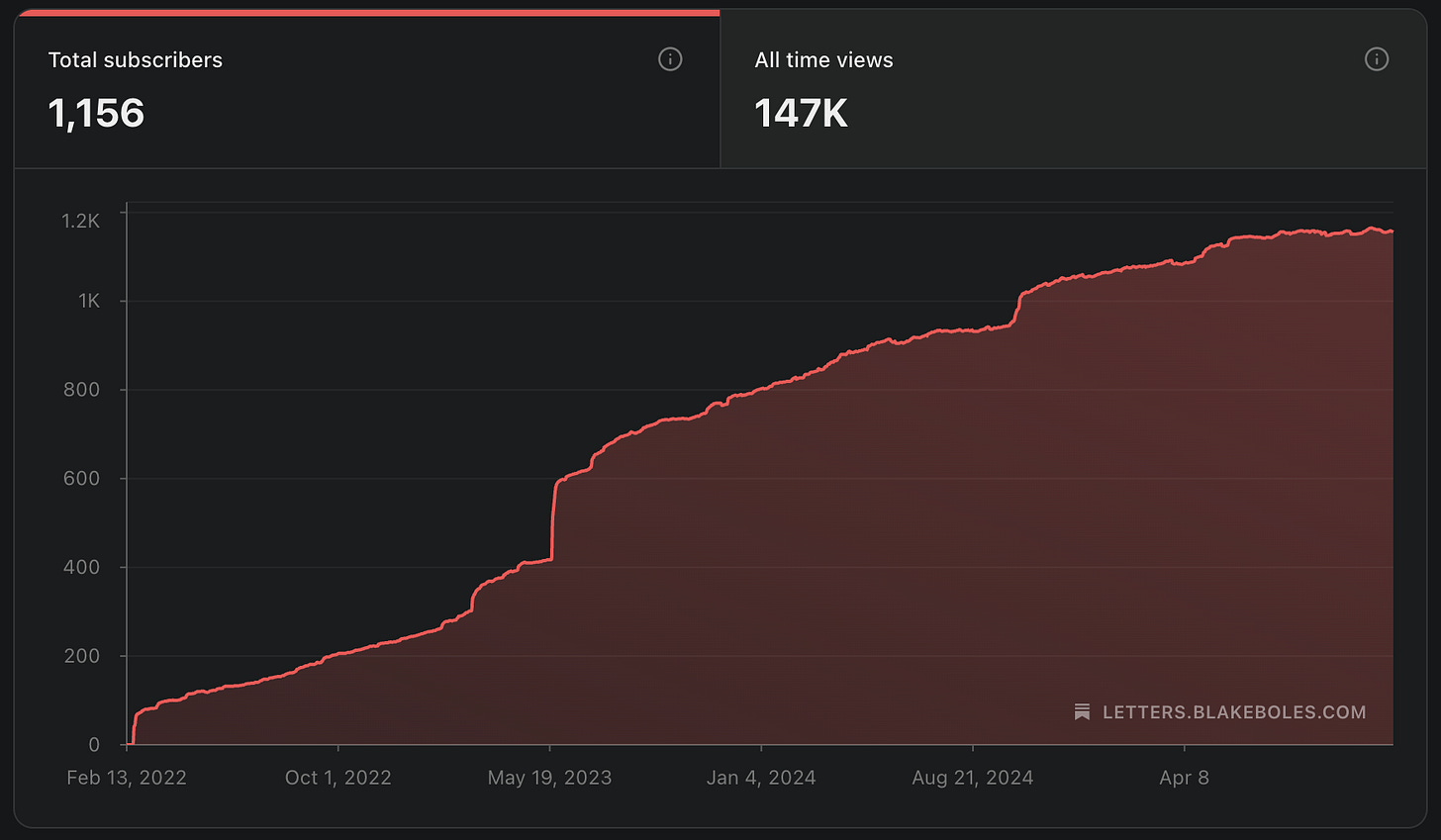
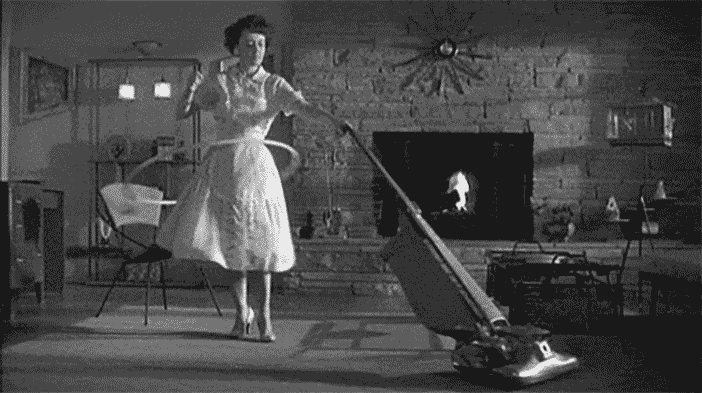
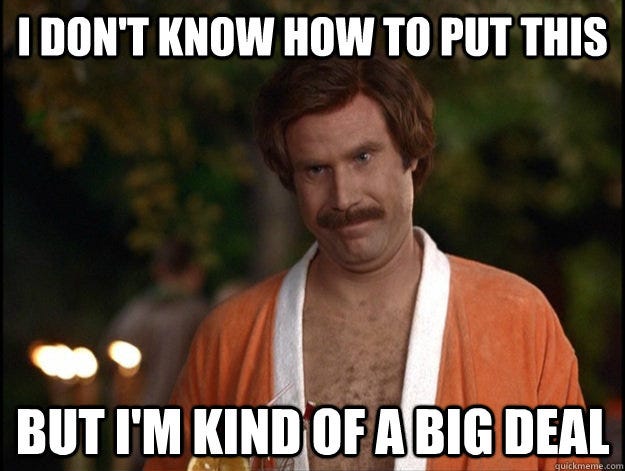
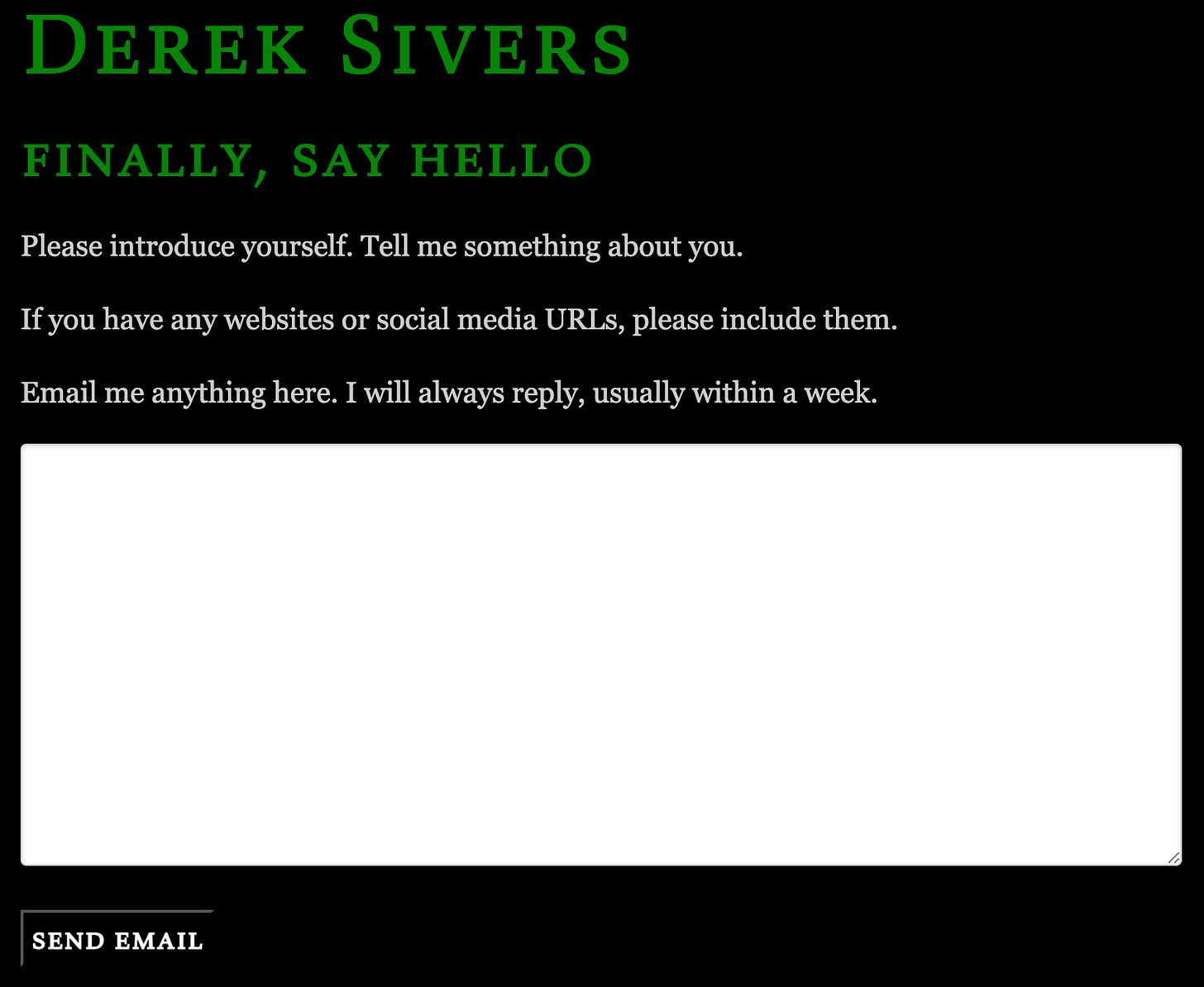
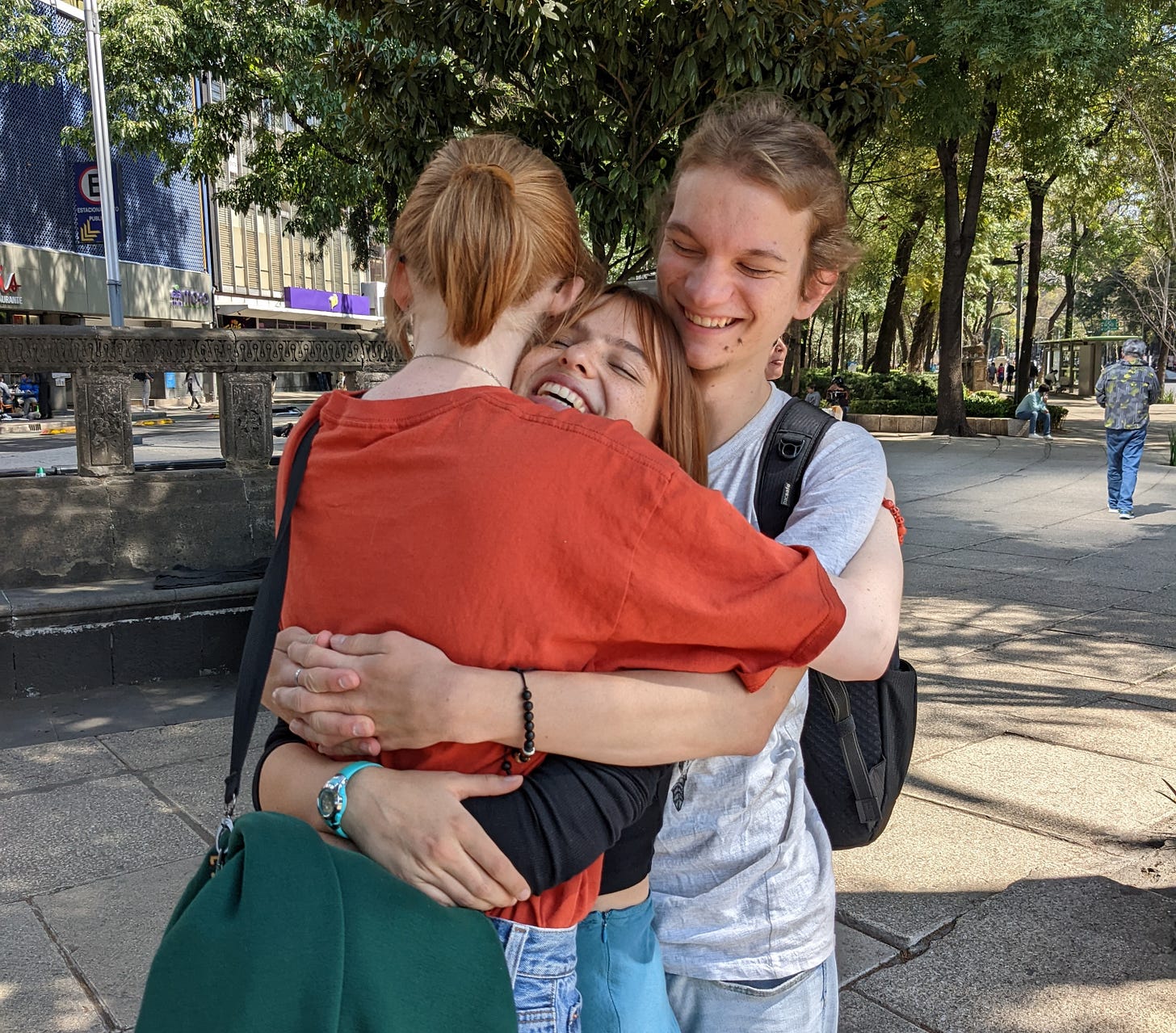
Lol at digital sainthood... I'm digitally promiscuous I guess 😂 (as well as a sloppy archivist)).
I love sparking little flings when the mood strikes and the nodes I'm connected to are a gorgeous web of eclectic folks that I'm always learning something new from- yet I rarely feel any shame for not keeping up. I am pretty ruthless about deleting emails and I don't have active notifications for anything other than text messaging so I make a point to "do my rounds" or hold court somewhere any given day with whatever interest is alive that day/timeframe. But anyway, I still love every word of what you're sayin' ✨
The most important thing is that whatever we do in these realms brings connection, hope and joy, rather than gloom and distress... And there's many ways to get it right.
I'm allergic to conventional metrics of growth , and I love your invitations. I think I first found your newsletter while you were sharing chapters of the latest book. And that you responded! I'm not even into dirtbag life, but I adore a number who are (plus home/un/world schooling) and I live vicariously through y'all 🤸🏼💫
Your perspectives are so honest and vulnerable- it's so refreshing, so, unsubscribe??? Not today!!!!